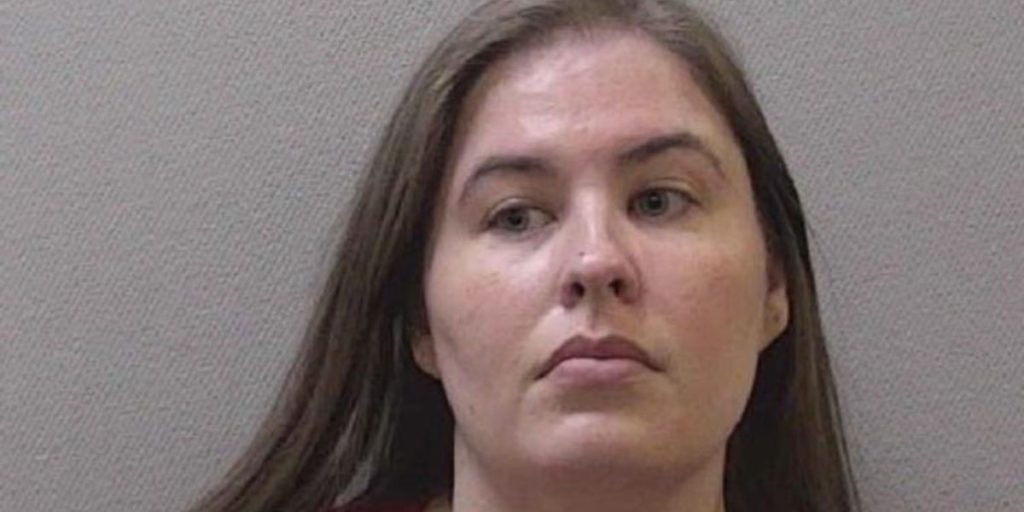Learn To Use "Woman" In Sentences: Examples & Insights
Is justice truly blind, or does it sometimes falter, leaving innocent lives entangled in its web? The stories of women caught in the crosshairs of the legal system, facing the ultimate penalty for crimes they may or may not have committed, are a stark reminder of the fallibility of human judgment and the enduring power of doubt.
The case of Melissa Lucio serves as a potent illustration of this reality. Lucio, a Texan mother, was convicted of murdering her daughter, Mariah, in 2007. For years, she maintained her innocence, a claim that gained further traction with the revelation of new evidence and the support of legal experts. The tragic narrative that unfolded involved a child's death, a mother's despair, and the intricacies of legal proceedings. The details painted a picture of a woman accused of a heinous act, a woman awaiting the ultimate consequence.
| Category | Details |
|---|---|
| Full Name | Melissa Lucio |
| Age (as of 2024) | 56 years old |
| Location | Harlingen, Texas |
| Conviction | Convicted of murdering her daughter, Mariah Alvarez |
| Initial Sentence | Death penalty (2008) |
| Current Status (as of late 2024) | Conviction and death sentence recommended to be overturned |
| Key Events | Daughter Mariah's death in 2007; Conviction and death sentence in 2008; Judge's recommendation to overturn conviction based on new evidence in October 2024. |
| Legal Representation | Information not fully available in the provided text, but lawyers played a critical role in the appeals process. |
| Supporting Evidence | New evidence suggesting Mariah's injuries were caused by a fall, not by intentional harm |
| Reference | ABC News - Melissa Lucio's Case |
The seeds of this tragedy were sown in 2007 when Mariah Alvarez, Lucio's daughter, tragically passed away. Prosecutors alleged that Lucio was responsible. In 2008, a jury agreed, and Lucio was sentenced to death. Her lawyers, however, continued to maintain that the child's death was the result of an accidental fall down a flight of stairs, a point that gained further credibility as the years passed.
The legal journey of Melissa Lucio took many turns, marked by appeals, court filings, and the relentless pursuit of exoneration. Her case became a subject of intense scrutiny, with advocates and legal experts weighing in on the evidence. Throughout her time on death row, she consistently maintained her innocence, expressing the anguish of being wrongly accused and the profound grief of losing her child.
The legal landscape can shift, and so it did in Lucio's case. Senior State District Judge Arturo Nelson, after an extensive review, recommended the overturning of Lucio's conviction and death sentence. He concluded that Melissa Lucio was, in fact, innocent of the charges against her. This finding was based on new evidence presented by her lawyers, suggesting the fatal injuries sustained by Mariah were caused by a fall, not by Lucios actions.
The implications of Judge Nelson's recommendation were significant. It acknowledged the potential for error within the legal system and offered a glimmer of hope to a woman who had spent nearly two decades behind bars for a crime she may not have committed. The case now rested with the Texas Court of Criminal Appeals, which would make the final decision on her fate.
The story of Melissa Lucio is not unique. It is one of many that illustrates the complexities of the justice system and the devastating impact of wrongful convictions. The case raises questions about the reliability of evidence, the role of prosecutorial discretion, and the impact of emotional circumstances on legal proceedings.
This scenario isn't isolated. Consider the cases of others facing the ultimate penalty:
Shabnam: Found guilty of murdering seven members of her family. She was sentenced to hang and, if executed, would become the first woman in India to receive the death penalty.
Robin Howington: A Tennessee woman accused of multiple charges including felony murder and aggravated child neglect in the 2019 shooting death of Destiny Oliver.
Natalie Cochran: The children accused of murdering Natalie Cochran took the stand in their mother's defense during her ongoing trial in Raleigh County Circuit Court.
Leza: Convicted of killing a disabled woman and stealing from her home.
In another part of the country, in Florida, a white woman was sentenced to 25 years in prison for fatally shooting her black neighbor through a closed door. The Florida jury reached the decision and convicted her. Such verdicts highlight the need for a transparent and equitable justice system, one that protects the rights of all individuals, regardless of their background.
Also, Christa Pike's story, born in 1976 in West Virginia, is another example of the complex situations women can find themselves in. Her parents' turbulent relationship, marked by infidelity and attempted suicide, adds a layer of complexity to her early life. These instances underscore the diverse journeys that lead individuals to be ensnared by the legal system.
The legal system, designed to uphold justice, is inevitably a human construct and, therefore, susceptible to error. The cases of these women, and many others, compel us to consider the fallibility of human judgment, the importance of rigorous investigation, and the enduring need for compassion in the pursuit of justice.
The emotional toll on those accused, convicted, and sentenced, and on their families, is immeasurable. Its a constant reminder of the human cost of legal errors and the enduring struggle for fairness and accuracy in the application of the law. The cases underscore the need for continuous scrutiny of the system, ongoing efforts to reform it, and an unwavering commitment to the principles of justice for all.

Woman Found Guilty, Receives Life Sentence In Daughter's Death YouTube

Lakeway woman arrested in ‘soon to be’ adopted daughter’s death, police say

Heartbreaking Case! S.C. Woman’s Guilty Plea in Newborn Daughter’s